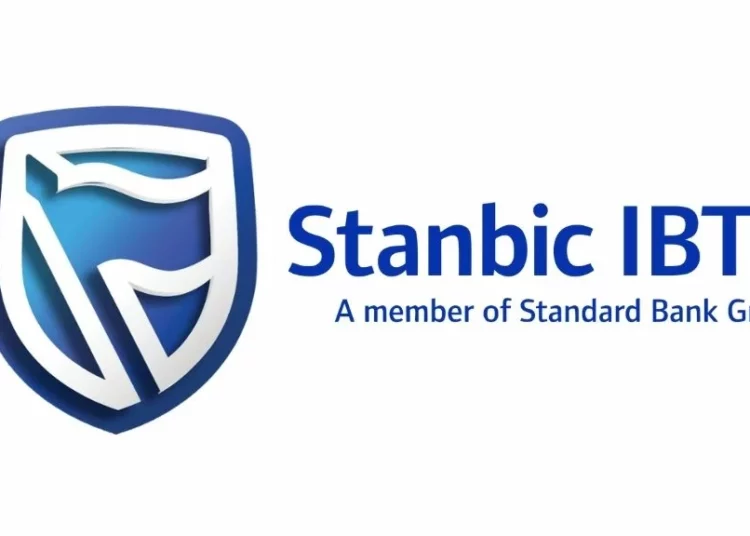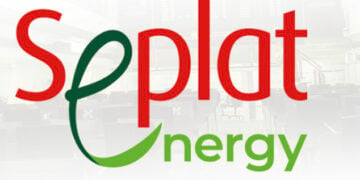The Stanbic IBTC Bank Purchasing Managers Index (PMI) stated that the start of the second quarter (Q2) of 2025 saw continued improvement in business conditions among Nigerian companies, fuelled by growing customer demand and increased output.
The headline PMI remained above the 50.0 no-change mark for the fifth consecutive month in April, registering at 54.2. This figure is consistent with the 54.3 recorded in March and indicates a solid monthly improvement in business conditions.
The PMI noted that “output increased sharply and at an accelerated pace in April, with the rate of expansion being the most pronounced since January 2024. All four broad sectors experienced rising business activity, with the services sector showing the most significant growth.”
The head of Equity Research for West Africa at Stanbic IBTC Bank, Muyiwa Oni said that “Nigeria’s private sector activity maintained its positive momentum at the start of the second quarter of the year, as the PMI settled at 54.2 in April, closely aligned with the 54.3 recorded in March.”
He added that “this latest improvement in business activity was largely driven by increased customer demand amid easing inflationary pressures, which supported a rise in new orders. Consequently, all four monitored sectors saw an improvement in business activity, particularly in the services sector.”
Oni mentioned that employment levels increased for the fifth consecutive month, although the rate of increase was modest this time.
He pointed out that inflationary pressures have continued to ease compared to 2024, as the factors that significantly drove prices upwards last year have moderated so far this year.
Nevertheless, he noted that inflation increased in April compared to March, influenced by local currency depreciation and higher energy costs.
“Overall input prices rose across all four monitored sectors, with the manufacturing sector experiencing the strongest inflationary pressures during the month. The transfer of higher input costs to consumers meant that output price inflation also accelerated in April, although it remained among the weakest levels seen in the past two years,” he said.
Oni added, “Nigeria’s business conditions began Q2 2025 on a positive note, and we expect this trend to continue, albeit at a slower pace compared to Q1 2025. This is largely due to an anticipated depreciation of the local currency in Q2 compared to Q1, amidst ongoing global uncertainties.
“This situation might also lead to a slightly higher inflation rate than that seen in Q1 2025, but it is still expected to remain softer than the average for 2024. Nevertheless, interest rates are likely to decrease this year amid moderate inflationary pressures, which will help support economic growth over the medium term.
“Overall, we maintain our expectation that the Nigerian economy is likely to grow by 3.5 per cent year-on-year in real terms in 2025, compared to a growth rate of 3.4 per cent year-on-year in 2024.”






